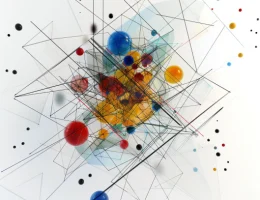The Dataset Generator available at Cogn-IQ.org is a powerful resource designed for researchers and practitioners working with Item Response Theory (IRT). This tool simulates datasets tailored for psychometric analysis, enabling users to explore a range of testing scenarios with customizable item and subject characteristics. It supports the widely used 2-Parameter …




